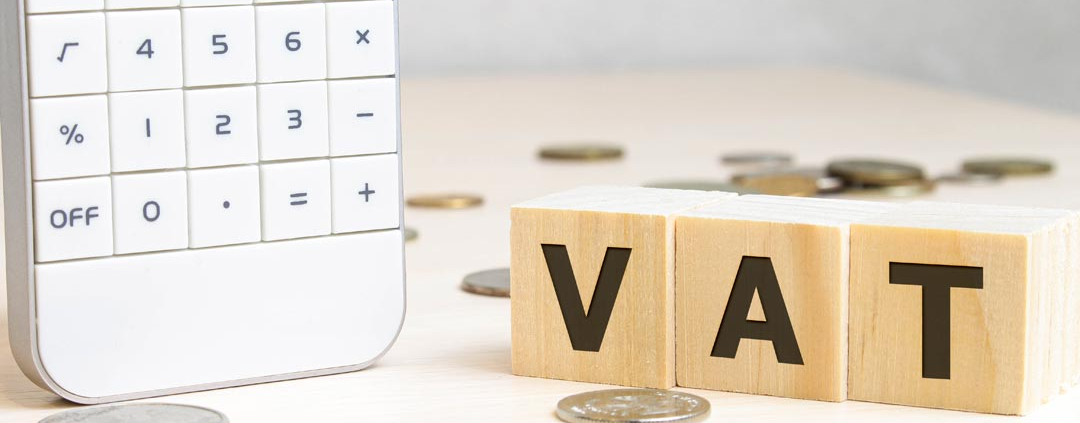
Taxfile can help with all areas of Value Added Tax (‘VAT’) from initial VAT Registration with HMRC, to quarterly VAT returns, regular VAT accounting and bookkeeping. So, if you need help with accounting for anything VAT-related, Taxfile are here to help you. Perhaps you’re unsure whether you need to be VAT registered — or when to register. Perhaps you don’t have time to do your own VAT returns. Or maybe you are confused by the VAT rules now that the UK has left the EU. Whatever your VAT issue, Taxfile can help.
The importance of registering for VAT at the right time
A common misconception, in ascertaining the date from which a business or individual must be VAT registered, is that it’s governed by the volume of sales within any given tax year.
You may be thinking that my sales this year, have not reached £85,500 – so I’m safe not to register until next year. This is not the case. The compulsory registration date is calculated by a rolling formula – that within any given consecutive 12 month period, if the sales either hit this target or are expected to exceed it, then that will be the date your VAT registration will be calculated from.
Once this figure has been reached, you then have 30 days within which to apply for your VAT registration. You could face penalties if you register late.
The best way of ensuring that you do register for VAT at the right time is to keep a monthly track of your sales. Once your sales reach about £75,000 over a 12 month period, start keeping a monthly log of your sales receipts; each month add the most recent & subtract the earliest.
What happens if I don’t register on time?
The date for the compulsory VAT registration will remain at the date you exceeded £85,500. However, because you weren’t registered then, you will not have been charging VAT (effectively, you will not have been collecting this on your sales). From HMRC’s perspective, it does not matter – the VAT will still be due and you will be liable to pay it.
If you work for larger companies, they may allow you to invoice for the VAT on these sales separately, in arrears. However, for work done for private individuals, where there is no chance of recovering the VAT that would have been due, HMRC allows you to take the amount you received as your gross sale figure and to calculate the VAT from that.
VAT advice from Taxfile:
Contact Taxfile/your Tax Agent/accountant, in good time — as soon as you find you are near to the compulsory VAT registration level. They will be best placed to get you registered and to select the most suitable VAT scheme for your particular trading activities. You will need help on how to raise your VAT invoices and what must be shown on these.
Your VAT registration number can take up to 10 days to arrive. You are not allowed to charge for any VAT until your number arrives and is showing on your sales invoices. Any invoices raised within this time should be marked with VAT number pending stating that VAT will be charged on the sale separately. Then subsequently, of course, we can also help with VAT returns, VAT accounting as part of bookkeeping, year end accounts for limited companies, anything to do with ‘Making Tax Digital‘ and so on — we’re always here for you if you need our help with VAT, tax and accountancy of any kind.
We hope that this information is helpful.
Call Taxfile’s VAT team at Turney Road on 020 8761 8000 (ask for extension 304, 307 or 446). Alternatively fill in and submit the form below and we’ll reply by return. We offer a free 20-minute introductory appointment where you can either meet us in person or liaise with us via video or telephone — the choice is yours. Taxfile is an accountant and tax advisor with offices in Tulse Hill & Dulwich (South London). We also have tax and accountancy experts available in Devon/Cornwall (in the South West).
This information was brought to you by Sue Ashby at Taxfile.
